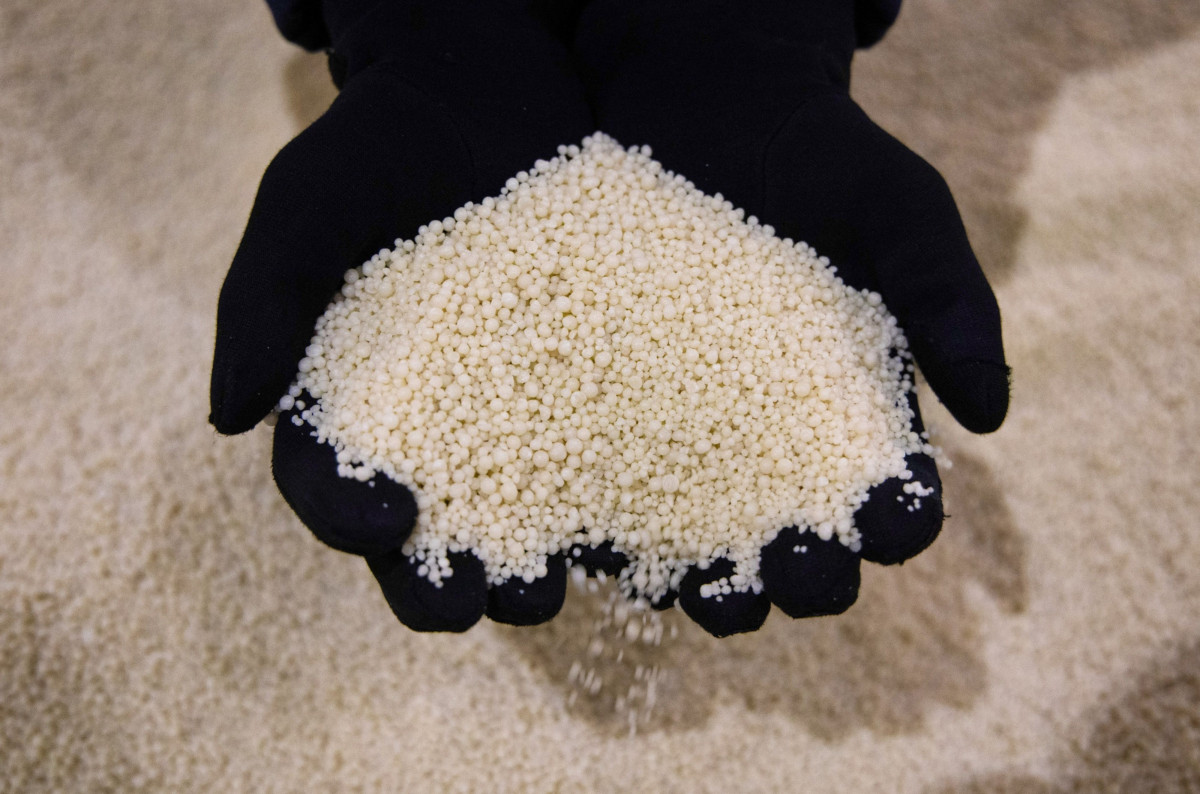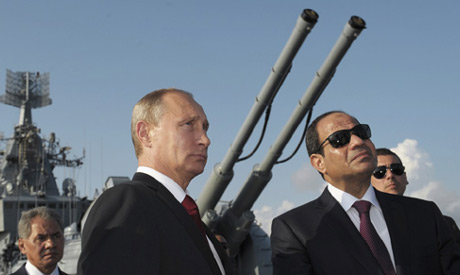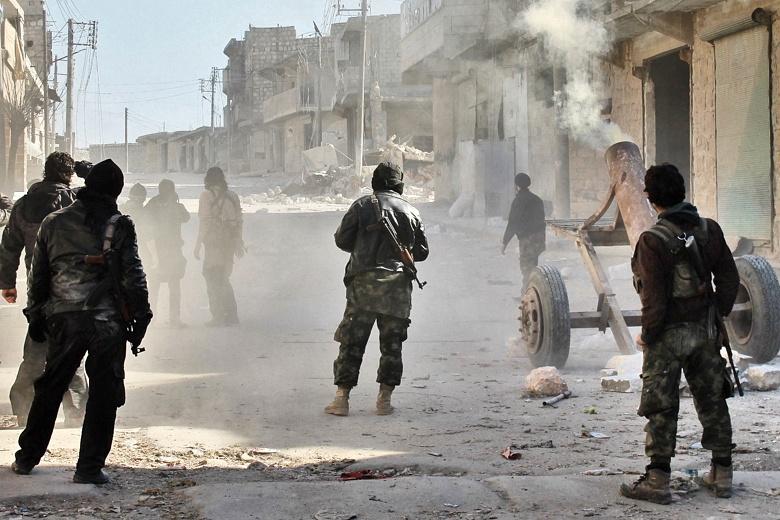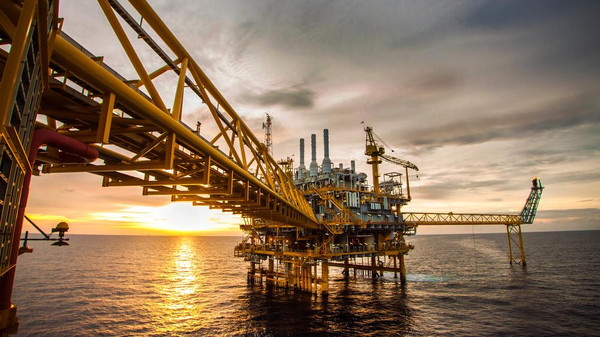With Russia now considering a withdrawal from the Black Sea grain deal and with its offer of ‘no-cost delivery’ of grains and fertilizers to ‘friendly’ African countries, Moscow seems to be recalibrating its African strategy, says a recent Geopolitical Handbook titled ‘Putin’s African Dream and The New Dawn’ published by Modern Diplomacy.
While Russian president prepares to review the fate of a deal permitting the safe Black Sea shipment of food and fertilizer from Ukraine, African leaders currently (16 June) on a ‘peace mission’ in Ukraine and Russia are likely to propose an “unconditional grain and fertilizer deal” to Putin to fight hunger in Africa. This development, along with, for example, Putin’s promise of ‘no-cost delivery’ of grains and fertilizers to Nigeria and Kenya, are part of Moscow’s strategy of soliciting full-fledged support for its ‘special military operation’ in neighboring Ukraine by offering ‘a carrot’ to selected African countries, according to the ‘Putin’s African Dream’ study. Without mincing words, Russian Foreign Minister Sergey Lavrov recently emphasized that Moscow’s shipment of fertilizers to Nigeria ‘free of charge’ was intended to alleviate poverty and support needy African countries in the light of its ‘special military operation’ in Ukraine and Western imposed sanctions that have driven up commodity prices.
As the world is changing and external players are also adopting strategic models to engage with Africa, the continent has the opportunity to gain from ‘no-cost deliveries’ of whatever from Russia, the study argues. But the reality nowadays is that African leaders are choosing development partners with funds to invest in the economy. Perhaps, the best strategy for Moscow is to forge mutual collaboration with the local fertilizer industry in Nigeria, notably with the continent’s largest fertilizer plant recently opened in the West African country by Africa’s richest businessman Aliko Dangote. According to World Fertilizer magazine, Dangote plans exports from the plant to Brazil, which relies heavily on Russia for imports of fertilizer, and also to the major markets in sub-Saharan Africa. With delivery of free fertilizer to Nigeria, Moscow is only recalibrating its African strategy, the study notes. Nigeria absolutely does not need free fertilizer from Russia. Regarded as Africa’s economic powerhouse, the country rather appreciates Russia’s participation in corporate projects such as Ajeokuta Steel Plant located in Ajeokuta, Kogi State.



